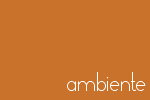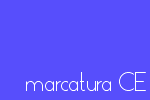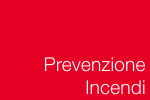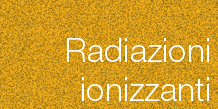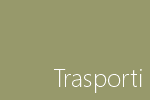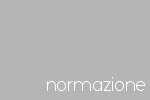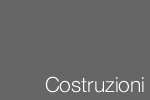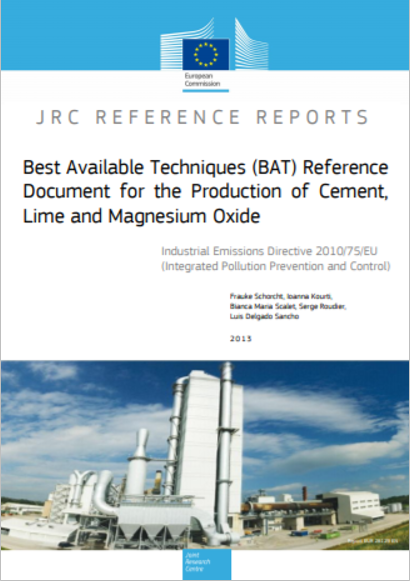Best Available Techniques (BAT) Reference Document for the Production of Cement, Lime and Magnesium Oxide
Industrial Emissions Directive 2010/75/EU (Integrated Pollution Prevention and Control)
The BREF entitled ‘Production of Cement, Lime and Magnesium Oxide’ forms part of a series presenting the results of an exchange of information between EU Member States, the industries concerned, non-governmental organisations promoting environmental protection and the Commission, to draw up, review, and where necessary, update BAT reference documents as required by Article 13(1) of the Directive.
This document is published by the European Commission pursuant to Article 13(6) of the Directive. This BREF for the production of cement, lime and magnesium oxide covers the following specified in Annex I to Directive 2010/75/EU, namely:
- 3.1. Production of cement, lime and magnesium oxide:
(a) production of cement clinker in rotary kilns with a production capacity exceeding 500 tonnes per day or in other kilns with a production capacity exceeding 50 tonnes per day;
(b) production of lime in kilns with a production capacity exceeding 50 tonnes per day;
(c) production of magnesium oxide in kilns with a production capacity exceeding 50 tonnes per day.
The document also covers some activities that may be directly associated to these activities on the same site. Important issues for the implementation of Directive 2010/75/EU in the production of cement, lime and magnesium oxide are the reduction of emissions to air; efficient energy and raw material usage; minimisation, recovery and the recycling of process residues; as well as effective environmental and energy management systems.
The BREF document contains 4 main chapters:
Chapter 1 – Cement Industry,
Chapter 2 – Lime Industry and
Chapter 3 – Magnesium Oxide Industry (dry process route based on mined natural magnesite).
Sections 1 and 2 of Chapters 1 – 3 provide general information on the industrial sector concerned and on the industrial processes and techniques used within this sector.
Sections 3 of Chapters 1 – 3 provide data and information concerning the environmental performance of installations within the sector.
Sections 4 of Chapters 1 – 3 describe the techniques to prevent or, where this is not practicable, to reduce the environmental impact of installations in this sector that were considered in determining the BAT.
Sections 5 of Chapters 1 – 3 present information on 'emerging techniques' as defined in Article 3(14) of the Directive.
Chapter 4 presents the BAT conclusions as defined in Article 3(12) of the Directive.
JRC 2013
Add more in attachment
Collegati




